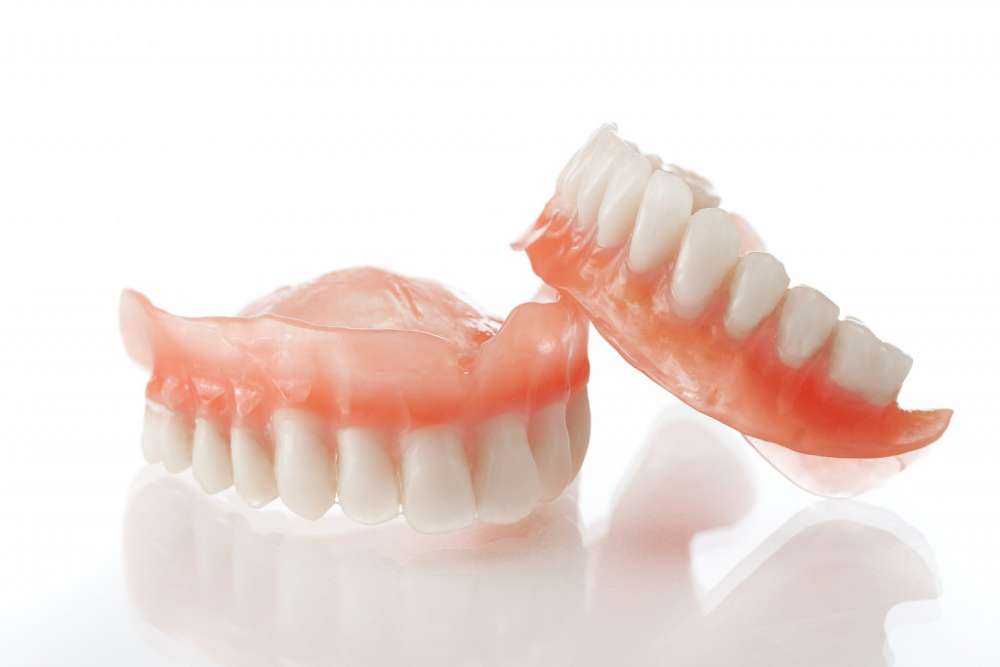By Dr. Matthew Weekes
September 25th, 2013 Edition
Implants are the best option for replacing missing teeth, follow by bridges. However lack of ideal conditions and cost may prevent this type of treatment. Dentures can restore esthetics and function in most situations.
Complete dentures are used to restore all missing teeth. Partial dentures are used when there are some remaining natural teeth left.
The retention and stability of dentures is dependent on the shape, size of the ridges and arches and amount on underlying bone present. Each case is unique with considerations specific to each individual.
Dentures vary in terms of material, construction and cost. Complete dentures have restored happiness, comfort and confidence to many who lost all their teeth. However the retention and stability is greatly reduced compared to partial dentures. Complete dentures can be enhanced by implants if all the conditions are met. Nevertheless most complete denture wearers adapt very well.
Partial dentures, unlike complete dentures which are mostly acrylic, can have an acrylic framework for short term use, as in the case of placement immediately after extractions. Wire clasps can be added for better retention. Cast partial dentures with cast clasps and extensions of the metal called rest, provide excellent retention and stability.
It is often necessary to do slight painless, needle free preparations to teeth adjacent to the spaces for ease of insertion and removal of the denture, and also to provide a comfortable biting surface. These preparations are done by a dentist.
When any type of denture is placed in the mouth, as it settles, painful pressure spots may develop. Adjustments should be done as soon as possible; ideally the following day.
Denture care is important. Always seat your denture with finger placement. Do not bite into them, for over time the excess pressure often results in broken clasps and other damage. Don’t sleep with your dentures in the mouth. Take them out and place them in water to which you may add cleansing tablets. The rest period allows the soft tissue to recover from the pressure of the dentures that can cause inflammation, bad breath and gum disease.
Periodically check the fit of your dentures. At your recall visits express to the dentist any concerns you have. A minor adjustment may be necessary which can be done at the same visit or an appointment made to correct the problem.

